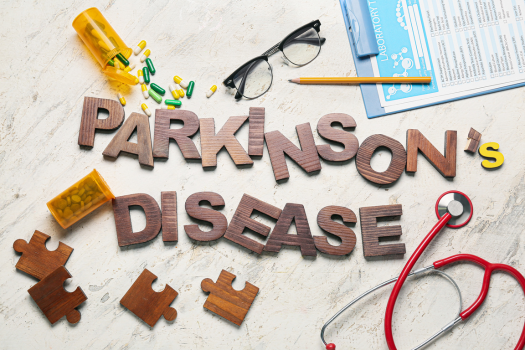
It’s never easy to move forward after an elderly relative or aging parent is diagnosed with Alzheimer’s disease. Although it’s difficult, because of the progressive nature of Alzheimer’s, it’s very important for seniors to make some important legal decisions that reflect their ongoing financial, medical, and long-term care preferences while they’re still capable. After your senior loved one has received an Alzheimer’s diagnosis, get the following items in order.
Power of Attorney
Your loved one will want to grant power of attorney to a person who can make financial and sometimes medical decisions on his or her behalf. Additionally, your loved one may want to appoint a health care surrogate who can make medical decisions on his or her behalf if this isn’t covered within the power of attorney document. Furthermore, it’s also helpful if the power of attorney is listed on any active accounts your loved one may have, including bank accounts, investments, housing, and other assets the person with power of attorney may need access to.
If your loved one gives you medical power of attorney, you’ll have the legal authority to hire a home caregiver for him or her. Many seniors prefer aging in place over moving to assisted living facilities. If your senior loved one needs assistance to remain safe and comfortable while living at home, reach out to Assisting Hands Home Care, a leading senior care agency. Our dedicated in-home caregivers can assist with meal prep, bathing and grooming, exercise, medication reminders, and many other important tasks.
Ongoing Care
Your loved one will need to decide on future care, including the possibility of long-term home care if he or she prefers to age in place. If your loved one plans to remain in the comfort of home, you’ll want to seek out a trusted home care provider who can ensure your loved one has the support necessary to live safely and comfortably at home. Although family members often want to step in and help, the level of care required for a senior with a progressive disease such as Alzheimer’s can often be overwhelming. Even if family is willing to help, chances are you’ll want additional help from a professional agency.
If your loved one wants to continue living at home as long as possible, help is available. The days, weeks, and months following an Alzheimer’s diagnosis can be challenging for both seniors and their families. However, these challenges can be made less stressful with the help of caregivers trained in professional Alzheimer’s care. Potomac Assisting Hands Home Care is here to help your loved one enjoy the golden years while simultaneously managing the symptoms of Alzheimer’s.
End-of-Life Decisions
End-of-life care information is typically covered in a living will. Your loved one will need to decide on things like hospice care and life-prolonging procedures. Furthermore, it’s important to discuss whether your loved one wishes to have a Do Not Resuscitate order, which doesn’t allow for any emergency response or life-prolonging procedures. Finally, it’s paramount that you discuss burial plans with your loved one.
If your loved one’s wishes include living at home throughout the golden years, it’s a good idea to plan ahead for the possibility he or she may need help with the activities of daily living. When researching agencies that provide home care in Potomac, MD families are usually looking for flexible care plans, compassionate and highly trained caregivers, and 24/7 availability. Whether you need respite care to take a break from your caregiving duties or your senior loved one needs around-the-clock assistance at home, you can rely on Assisting Hands Home Care. To learn more about our reliable, compassionate in-home care services, contact us at (301) 960-7892 today.








